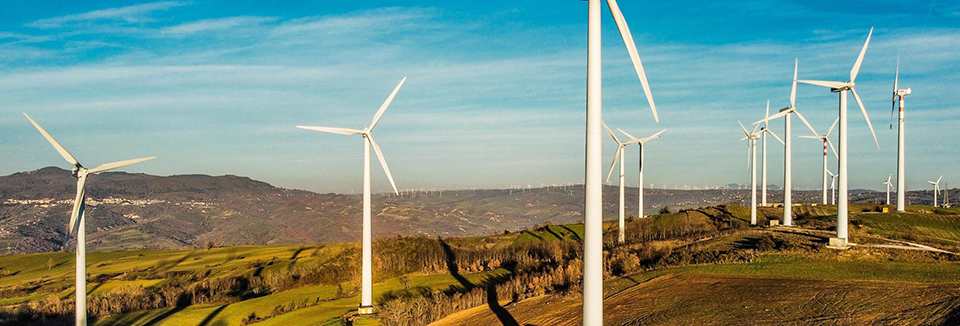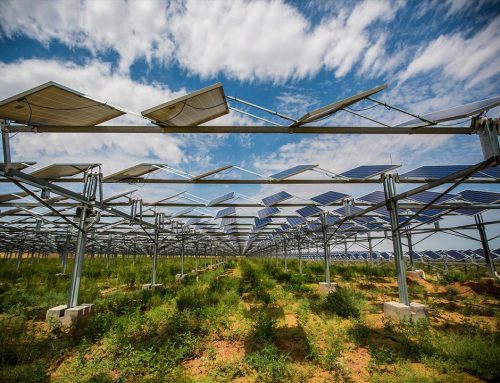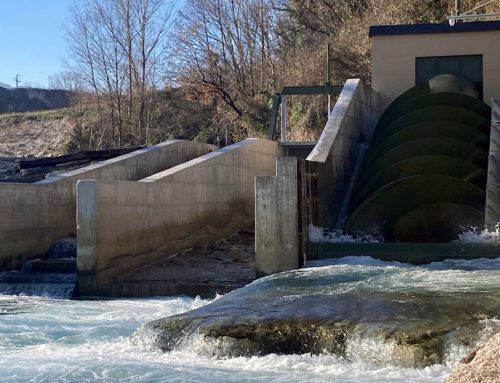Italy lagging behind in energy transition, reports Legambiente, regulatory, bureaucratic and cultural obstacles that hold back new renewable installations weigh heavily. In our country, the development of renewable energy is still difficult due to multiple obstacles.
The main difficulties are obsolete and disorganized regulations, slow permitting processes, and bureaucratic difficulties of the regions and the cultural heritage superintendencies.
These problems are the main obstacles in the implementation of new clean energy production facilities, and have led to an unsatisfactory result in terms of actual implementation. In 2022, the situation still seems far from being resolved. Legambiente’s report “Checkmate for Renewables 2023,” presented at the K.EY Fair in Rimini, provides a detailed analysis of 4 national laws and 13 regional laws that are slowing down the race of clean energy sources, as well as proposing a package of solutions.
There are 1364 plants on the waiting list in Italy for the stage of environmental impact assessment, verification of subjection to environmental impact assessment, preliminary assessment and single environmental measure, at the state level. 76 percent of these projects are located in the regions of Puglia, Basilicata, Sicily and Sardinia. Despite the simplifications initiated by the previous Draghi government and the establishment and strengthening of the two EIA-SIA Commissions, which are responsible for issuing opinions on large strategic plants for the country’s energy future, few permits have been granted by the regions in the past four years.
In 2022, only 1 percent of photovoltaic plant projects received authorization. Over the past four years, the number of authorizations issued for the construction of clean energy plants in Italy has decreased dramatically. In 2019, 41 percent of applications received authorization, while in 2020 and 2021 the percentages dropped to 19 percent and 9 percent, respectively.
Yet a ruling by the Puglia Regional Administrative Court points out that the reasons for regional denials of permits cannot be generic and unproven, and that agrovoltaics cannot be equated with ground-mounted photovoltaics. According to the judges, “the illegitimacy of the acts challenged in the main lies in the unreasonable automatism by virtue of which, in the absence of express constraints, the Apulian Authorities consider precluded the possibility of issuing a positive environmental assessment by reason of an alleged contrast with forecasts that have no binding character and have a mere function of direction.”





